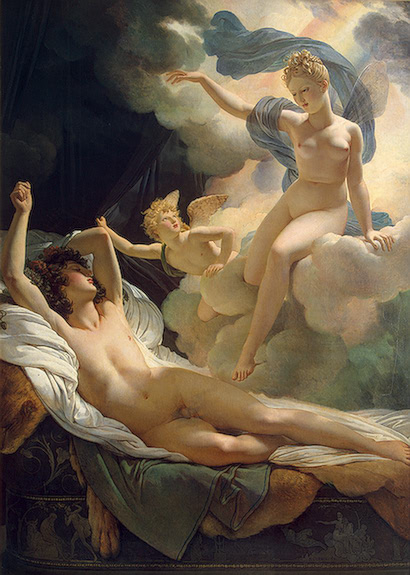Franz Berwald was born in Stockholm, the son of a German violinist in the royal orchestra. He was largely self-taught, although he did study music with his father and composition with J.13.E. De Puy. He joined the orchestra as a violinist at the age of 16 and, apart from one brief period, remained there until 1 828. when he composed a Grand septet for clarinet, bassoon, horn, and string quartet.
However, the lack of enthusiasm in his home country for his highly original style provoked Berwald to leave Sweden to try and make a career abroad. Following a tour of Norway he spent time studying in Berlin, and then lived for a period in Vienna, where his opera Estrella di Soria was performed.
He married in Vienna m 1841, and his works were staged to increasingly supportive audiences. In 1842 he wrote a symphony, La serieuse — the only one of his symphonies that he saw performed in his lifetime. On his return to Sweden in that year, however, his reception was cool, and the Royal Opera's production of his operetta Modchaudlerskau in 1845 was a failure. Nonetheless Berwald persevered and produced three more symphonies, including La capricicuse and La singtilii're. The latter in particular, which has only three movements instead of the usual tour, reveals his skill as an orchcstrator, and is perhaps his finest work.
Berwald spent a further three years travelling in Europe, where he met with varying degrees of success.In Paris neither the Conservatoire nor the Opcra-Comique showed interest, but in Vienna he did see a performance of his opera Ein Landliches Vcrlobinigsfest in Schwedcti (A Swedish Country Betrothal). Back in Sweden, however, he was disappointed in his efforts to become musical director at Uppsala University, and was also denied the position of court conductor.
Forced by his lack of musical success into a series of jobs to earn his living, Berwald was manager of a Swedish glass factory in Angermanland from 1849 to 1859. Despite the demands made on his time by work, he continued to teach and compose, his output including piano trios, piano quartets, and symphonic poems. In the early 1860s he published some of his chamber works to encouraging reviews, and the Stockholm Royal Opera eventually performed Estrella di Soria in 1862.
He completed one last opera in 1864, Drottningen av Golconda (The Queen of Golconda), and was finally accepted as a Fellow of the Swedish Academy, rising to the post of professor of composition in 1867. This was the pinnacle of his career - but his success was shortlived. Within only a year of his appointment Berwald died of pneumonia.



No comments:
Post a Comment